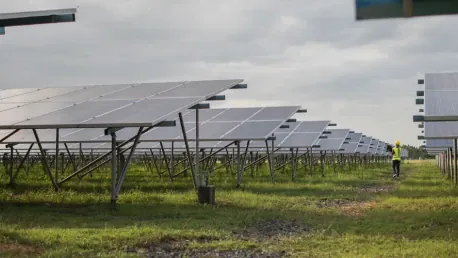
Wakefield, a vibrant city in West Yorkshire, is witnessing a transformative wave driven by the untapped potential of its Green Technologies and Services (GTS) sector. The city's business community is poised for a significant shift towards environmental sustainability, fueled by substantial

The transition toward green energy is gaining momentum worldwide, and Africa is no exception. At the heart of this shift stands a vital partnership: China and Africa working together to promote and manufacture electric vehicles (EVs). This collaboration is not just about economic ties or

In recent years, Illinois park districts have taken significant steps towards sustainability by embracing solar energy. With the expertise of DSD Renewables and General Energy Corporation, three park districts—Elmhurst, Sycamore, and Urbana—are embarking on innovative solar projects. These ini

Energy-efficient homes represent a crucial innovation in tackling the environmental and economic challenges posed by increasing climatic extremities. Adopting the rigorous Passivhaus (or passive house) standards offers a compelling approach to creating comfortable, energy-efficient living spaces.

In recent years, the maritime industry has focused increasingly on reducing carbon emissions and adopting environmentally friendly technologies. At the forefront of these innovations are battery-electric and hybrid propulsion systems. A study led by the Mærsk Mc-Kinney Møller Center for Zero Carbon

Achieving net-zero emissions by 2050 is more than just an ambitious goal; it is a necessity to stave off the worst impacts of climate change. Governments and corporations worldwide have pledged to reach this target, aligning with the Paris Agreement's directives. However, the path to net-zero